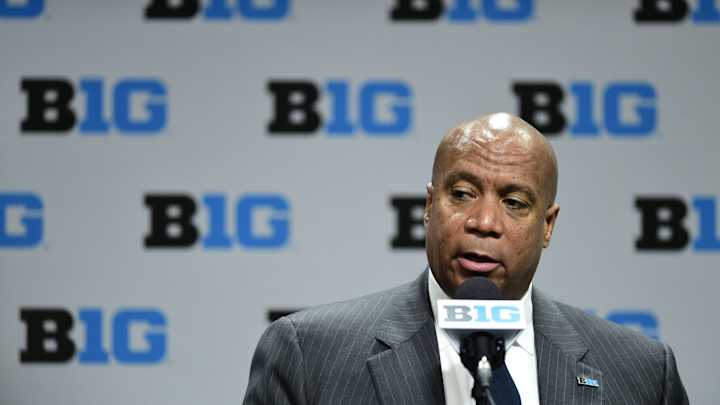If The Big Ten Pulls The Plug, Will The SEC Follow?

On June 10, 1976 I was graduated from Journalism school at the University of Georgia. The very next day I began my professional career at the Union Daily Times in Union, S.C.
So if my math is correct, this will be my 45th consecutive year of covering college football.
IF there is a college football season, that is.
For those of us who are holding out hope that there will be a way to play the games safely, it was a tough weekend.
On Saturday morning the Mid-American Athletic Conference (MAC), announced that it would not play football in the Fall of 2020. In doing so the MAC became the first FBS conference to shut down its football programs.
The Big Ten, which was scheduled to start play on Sept. 3, announced that its teams would stay in the current phase of practices (helmets only) instead of transitioning to full gear. A published report said commissioner Kevin Warren now prefers to hold this football season in the Spring of 2021.
On Saturday the Big Ten presidents met by phone but no decision was made—nor was one expected—on the future of the football season.
But these events launched a lot of speculation that if the Big Ten were to shut down it would trigger a domino effect that would effectively put an end the entire 2020 college season.
“It’s one thing for the MAC to shut down or the Pac-12 to shut down,” an FBS commissioner told me. “But if the Big Ten pulls the plug, that’s significant.”
By any measurement the Big Ten and the SEC are the two most powerful conferences in college athletics. And by extension the Big Ten’s Warren and SEC Commissioner Greg Sankey are the two most powerful men in college sports. Both have shown they’ll go their own way if its in the best interest of their respective conferences.
And it is generally known in college atheltics circles that Warren and Sankey do not have the same level of communication enjoyed by their predecesors, Jim Delany and Mike Slive.
Remember that back in May commissioner Greg Sankey said that different conferences have the right to make different decisions when it comes to the 2020 season.
“If there are a couple of programs that aren’t able to play does that stop everyone?” he asked during an interview with a Jacksonville (Fla.) radio station. “I’m not sure it does. But the ability for us to stay connected will be important.”
Well, we now know that the each of the Power Five conferences have gone their own way when it comes to the 2020 season. Some (SEC, Big Ten, Pac-12) are playing conference games only. Others (ACC, Big 12) will have one non-conference game. The season start dates range from Sept. 3 to Sept 26.
Which is one reason why I don’t see the SEC falling into step if the Big Ten decides it is not going to play.
The SEC based its entire scheduling model on the ability to wait until Sept. 26 in order to get the most relevant data possible. Every athletics director I spoke to mentioned the opportunity to monitor what was going on in Major League Baseball, the NBA, and the NFL before going ahead with the season. The SEC also wanted to see what happens when students return to campus later this month.
The question is this: Why would the SEC put this much work and planning into its season only to follow the Big Ten’s lead?
The answer: It wouldn’t.
But now there are some X-factors.
In a story written by Ross Dellenger of SI.com, a cardiologist said that in a small number cases healthy young people have suffered heart damage from the virus.
This is new information and it could be a game changer.
The mother of an Indiana offensive lineman wrote on Facebook last week that her son could have heart complications because of the virus. You can bet that information quickly made it to Warren’s desk.
ESPN reported on Sunday the commissioners of the Power Five conferences held an emergency conference call to determine that if the Big Ten pulls the plug on the season, whether or not the other four conferences—ACC, SEC, Big 12, Pac-12—will fall in line.
Stay tuned. This is going to be another interesting week.
